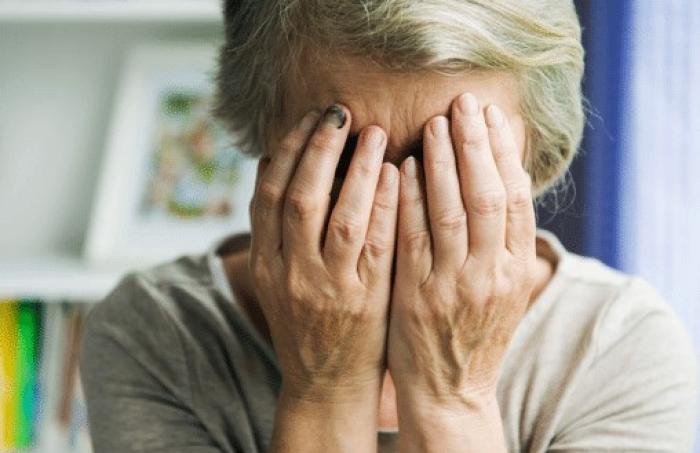
Elder Abuse – Understanding It, Recognising It, Stopping It.
Elder abuse is a significant concern in New Zealand, with approximately one in ten older adults experiencing some form of mistreatment. Abuse of our kaumātua can often remain concealed, making it challenging to identify and address.
Understanding Elder Abuse
Elder abuse encompasses various harmful behaviours directed at older individuals, including:
- Psychological Abuse: Threats, humiliation, or harassment that induce distress, shame, or a sense of powerlessness.
- Financial Abuse: Unauthorized use of an elder's money or assets, or coercion to alter legal documents like wills.
- Physical Abuse: Infliction of physical harm or injury.
- Sexual Abuse: Any non-consensual sexual activity.
- Neglect: Failure to provide essential needs such as food, housing, or medical care.
Recognising the Signs
Identifying elder abuse can be difficult, as victims may not recognize the wrongdoing or may fear reporting it.
Those who experience the following are more vulnerable to abuse:
- Financial hardship
- Poor health
- Mental illnesses or dementia
- Dependence on others for daily activities
- Social isolation or family conflicts
Responsibilities
Abusers are frequently those the elder relies on for support, such as family members, friends, neighbours, or caregivers.
Under the Crimes Act, certain individuals are legally obligated to protect vulnerable adults from harm:
- Anyone aware of abuse in a household must take reasonable steps to protect the vulnerable adult from serious harm.
- Caregivers must ensure all basic needs are met and protect the individual from injury.
- Staff in hospitals or care facilities must prevent injury, ill-health, or mental disorders due to inadequate care.
Potential Indicators of Abuse
Signs that an older person may be experiencing abuse include:
- Fear of specific individuals
- Anxiety, irritability, or withdrawal
- Changes in eating habits
- Shaking, trembling, or crying
- Expressions of helplessness or sadness
- Reluctance to speak openly or allowing others to speak for them
- Avoidance of contact with certain individuals
Help is available
If you suspect someone is experiencing elder abuse, consider initiating a conversation with them. Approach the topic with sensitivity, offering support and reassurance that help is available.
In New Zealand, assistance is accessible through:
- Elder Abuse Helpline: 0800 EA NOT OK (0800 32 668 65)
- Age Concern: 0800 652 105
Age Concern also provides Elder Abuse Services nationwide.
Remember, addressing elder abuse requires vigilance and compassion. By recognizing the signs and knowing where to seek help, we can work together to protect our older community members.
Godfreys Law team are here for you
If you believe you or someone you love may be experiencing elder abuse, our considerate Life Law team at Godfrey’s are here to help. Godfreys Law have an experienced and empathetic team who have the skill and knowledge to help navigate potential risks before they escalate.
Real People. Real Solutions. Really important to look after everyone.




